Many Paralympians could be banned from the upcoming Paris Games if they are spotted with Olympic ring tattoos on their bodies.
At the upcoming Paralympic Games in Paris, scheduled to begin on August 28, 2024, athletes are gearing up to showcase their skills. However, a lesser-known rule could potentially affect participants with tattoos of the iconic Olympic rings.
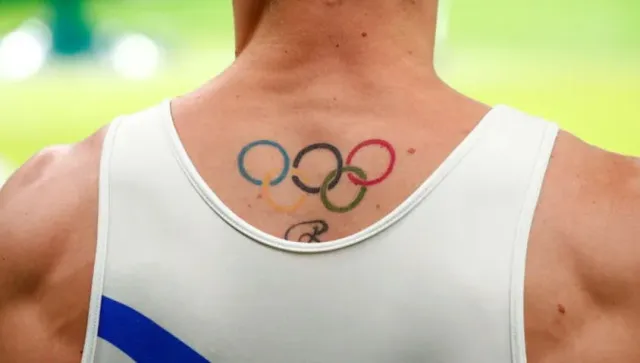
The Olympic ring tattoo controversy
While the Olympics have concluded, attention now turns to the Paralympic Games, where thousands of athletes with disabilities will compete.
Among them are many who sport tattoos commemorating their achievements, with the Olympic rings being a popular choice.
However, this tattoo could lead to unexpected complications. The International Paralympic Committee (IPC) enforces a rule that prohibits “body advertising.”
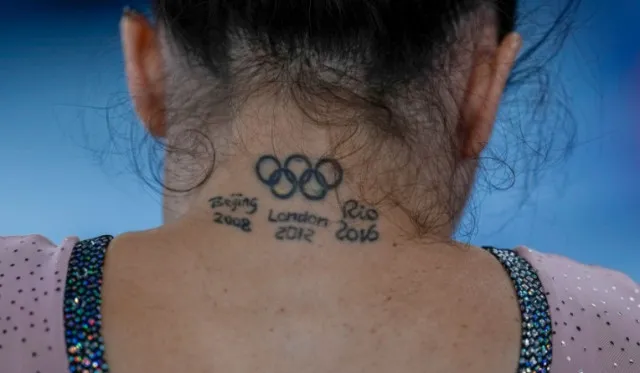
This rule extends to tattoos of the Olympic rings.
This regulation is in place to prevent any form of promotional or branding imagery.
It aims to ensure that such imagery does not overshadow the Paralympic values and spirit.
Historical incident
A notable case occurred ahead of the 2016 Paralympic Games in Rio.
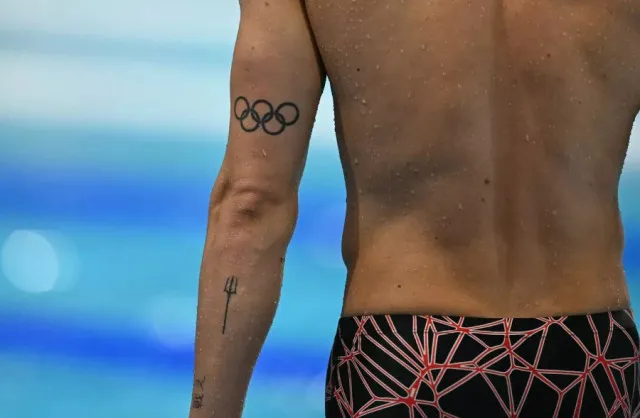
British swimmer Josef Craig, who has cerebral palsy, was disqualified from the IPC Swimming European Championships in Portugal.
The disqualification occurred because he displayed his Olympic rings tattoo.
Despite a commendable performance, Craig was penalized because the tattoo was visible during competition.
To circumvent the rules, Craig had previously used various methods, including covering the tattoo with a Union Jack design.
However, such measures are not always feasible.
This is especially true in aquatic sports, where covering up tattoos is impractical.
IPC’s stance about the incident
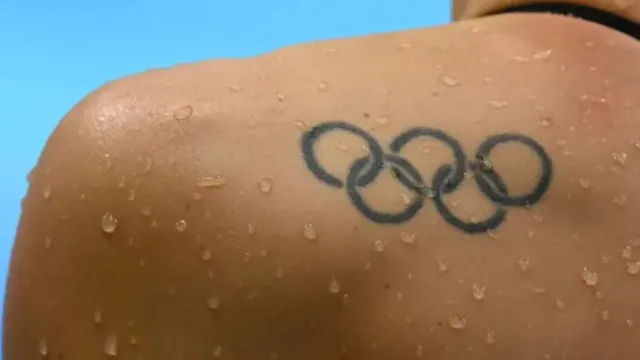
An IPC spokesperson clarified the situation following Craig’s disqualification: “Body advertising is not allowed in any form, including Olympic rings.
Athletes are informed of the advertising policy at a technical meeting prior to the competition.
It is not a matter of not being reminded of the rules.”
Despite criticism and the perception that the rule is overly stringent, the IPC maintains its stance on the matter.
Athletes and teams are expected to comply with the regulations to avoid any issues during the games.
Athletes with Olympic ring tattoos should be aware of the IPC’s strict regulations regarding body advertising.
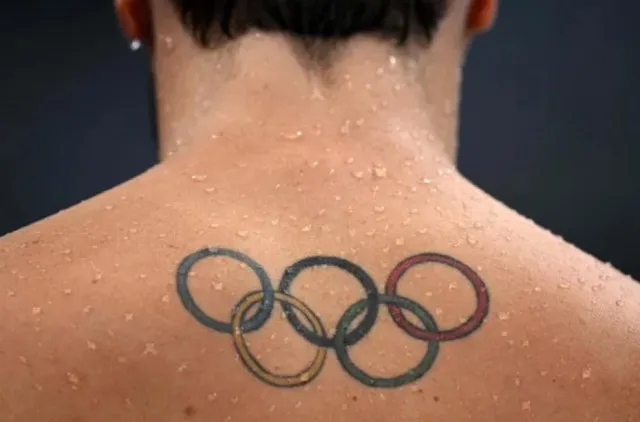
The rule is set to be enforced during the Paris 2024 Games, and competitors are advised to ensure their tattoos do not violate the policy.
With the games starting on August 28 and running until September 8, it is crucial for all participants to familiarize themselves with the guidelines.
This will help ensure a smooth and successful competition.
The meaning of Olympic athletes’ tattoos
In 1988, during the Seoul Games, Jacobs, a two-time gold medalist, decided to get an Olympic logo tattooed on his hip.
Then, he was inspired by the Canadian athletes who sported small tattoos of their national flag. This decision marked the beginning of the trend among Olympians.
Jacobs chose to commemorate his own Olympic journey with ink.
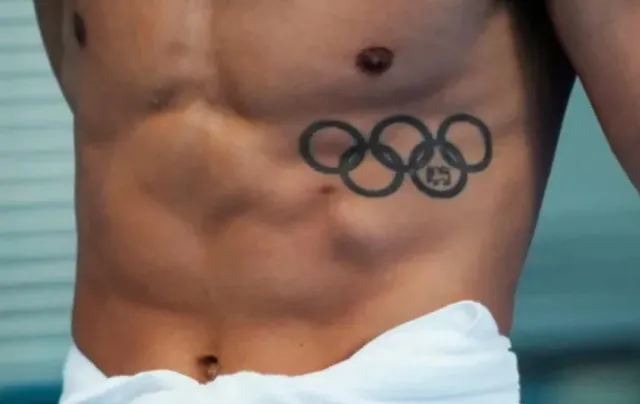
Initially, he got a small tattoo while celebrating his victories in Hawaii.
Later, he added a larger, more colorful design on his bicep.
Jacobs noted that the tattoo symbolizes a rite of passage and a mark of being part of an exclusive club.
Additionally, Olympic tattoos also bring superstitions and beliefs
There are superstitions associated with these tattoos. US shooter Mary Tucker advises athletes to wait until after their Olympic competition before getting the tattoo.
She has observed instances where athletes who got inked before qualifying ended up not competing. While this led to a belief among some athletes.